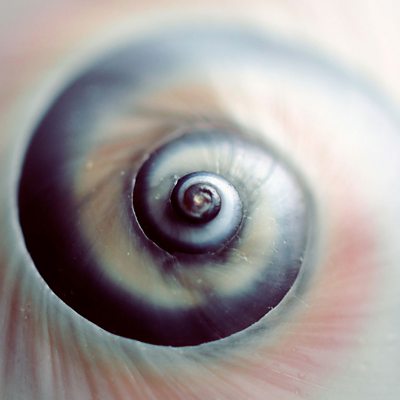Episode details

Radio 4,2 mins
'There are alternative currencies in our world worth investing our whole fortunes in.' Martin Wroe - 20/01/2018
Thought for the DayAvailable for over a year
Good Morning. This is the story of my multi-millionaire taxi driver. Possibly. Ahmed was born in Afghanistan but had to flee with his family when he was five. He lived in Pakistan, later in Turkey and finally settled in the UK where he married and is raising a family. He’s made a living in the construction business and three years ago used all his savings in an auction to buy a run-down property in the Midlands. He did it up and sold it, making a cool £100,000 profit. Ahmed told me all this as we drove across London last week. ‘What did you do with that £100,000?’ I asked him. Last year, he said, he invested in a cryptocurrency. How much are you worth now, I asked? ‘I checked this morning,’ he said, ‘I check several times a day. At the moment I am worth £10 million pounds.’ I caught his smile in the drivers mirror as he looked back at me. Ahmed may not be quite such a digital multi-millionaire today - shares in cryptocurrencies like Bitcoin wobbled this week, before partly recovering. But what exactly is a cryptocurrency? When I ask people, the best they can come up with is to say it’s ‘a decentralised tradable digital asset.’ There’s no central banking authority to monitor the rise and fall of these virtual funds. And there’s no physical asset, in what we used to call the real world, to stand security. And then there’s the name - crypto – meaning concealed. Secret. These currencies are unregulated. That’s why banks and governments are twitchy about them. Maybe they’re just pyramid schemes or economic bubbles like C17th tulip mania or the dot-com boom and bust of 1999. Good luck to Ahmed. He believes these new invisible, intangible currencies will bring him real world riches to support his family. Time will tell whether he is right to put his faith in them. He’s putting his trust in people he has never seen and will never meet. It’s a kind of blind faith. While words like ‘belief’ or ‘faith’ carry profound religious meanings there’s something more ordinary about them too. They describe how we negotiate life, regardless of whether we believe in God. A healthy family or friendship network or community rests on mutual trust, developed over time. That takes faith. To say ‘I believe in you’ means I can rely on you. I trust you. And when we do, we’re prepared to invest our lives in each other. The mediaeval mystic Meister Eckhardt said that God is like someone who coughs… while hiding. And some days we notice that divine presence through people who live lives of goodness and kindness, who look out for others, and have learned to forgive… and we believe in them. We trust them. There are alternative currencies in our world worth investing our whole fortunes in. They are immeasurable and unquantifiable and often largely hidden. These secret currencies can’t be traded, they can only be given away. These are the currencies of love and trust.
Programme Website